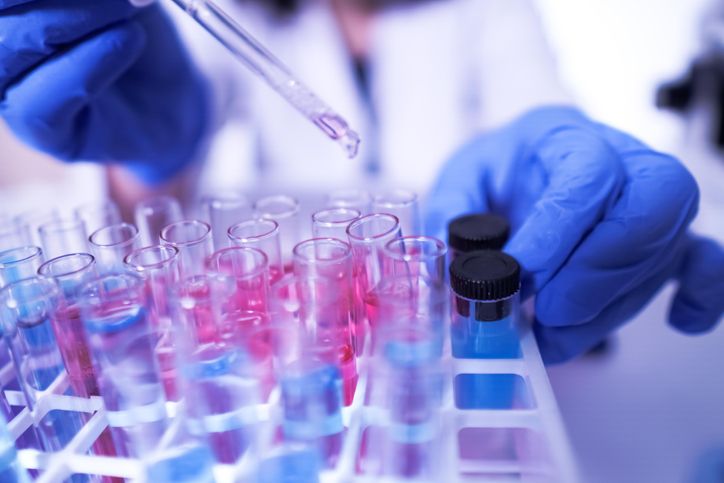US synthetic biology startup Ginkgo Bioworks has signed an R&D collaboration agreement with Japan’s Sumitomo Chemical, one of the world’s largest producers of agrochemicals.
In a statement announcing their partnership, the pair said that Sumitomo Chemical aims to “leverage Ginkgo’s long-established expertise in organism engineering to significantly increase the production efficiency and sustainability of a key bio-based commercial product.”
AFN understands that the partnership is directed toward the replacement of existing petroleum-based products, and the optimization of bio-based manufacturing processes and products, in Sumitomo’s portfolio.
Founded by a group of MIT alumni in 2008, Ginkgo is building a “horizontal platform for cell programming” which calls upon genetic engineering, robotics, data analytics, and software to engineer microbes for clients across multiple industries, from pharmaceuticals through to agrifood and others.
“Ginkgo is unparalleled in organism design expertise, and we’re looking forward to combining their high-throughput genome editing and fermentation capabilities with our chemical technologies and industry insights in health and crop sciences,” said Hiroshi Ueda, chief technology officer at Sumitomo Chemical.
“Continued investment in synthetic biology will help us deliver to our customers more efficient and sustainable solutions across a myriad of industries.”
Sumitomo Chemical isn’t the first ag player that Ginkgo has joined forces with. In 2018, the Boston-based company established a joint venture with German chemicals and crop science major Bayer. Named Joyn Bio, the venture is using Ginkgo’s engineered microbes to create biological alternatives to synthetically produced crop inputs like fertilizers and pesticides.
The Tokyo-based Sumitomo conglomerate, of which Sumitomo Chemical is one affiliate, is no stranger to the world of agrifoodtech startups. Sumitomo Corporation and Sumitomo Chemical are both investors in Japanese ag drone startup Nileworks, and Sumitomo Chemical’s US division has backed funds managed by veteran agrifood VC Cultivian Sandbox.
Other agritech startups to have received funding from the Sumitomo group include Japan’s Farmnote, which is manufacturing wearable technology to collect data from cattle, and Canada’s Terramera, which has developed a molecular delivery system to enhance the efficacy of bio-pesticides.
And when it comes to cellular ag, Sumitomo Corporation of Americas has invested in US cell-cultured seafood startup BlueNalu.
Last month, Ginkgo announced that it plans to go public by merging with a special purpose acquisition company (SPAC). It’s set to combine with Nasdaq-listed Soaring Eagle Acquisition Corp, with the merger expected to provide up to $2.5 billion in cash proceeds and valuing the business at $15 billion.
A private investment in public equity deal accompanying the SPAC merger includes such big-name players such as Baillie Gifford, Morgan Stanley’s Counterpoint Global, Bain Capital, T. Rowe Price, and Cascade Investment — the private fund of Microsoft co-founder and sustainability advocate Bill Gates.
Ginkgo said at the time that it will use the capital raised through the SPAC merger to “dramatically increase the scale” of its platform, thereby “accelerating the number of new programs [it is] able to launch.”




